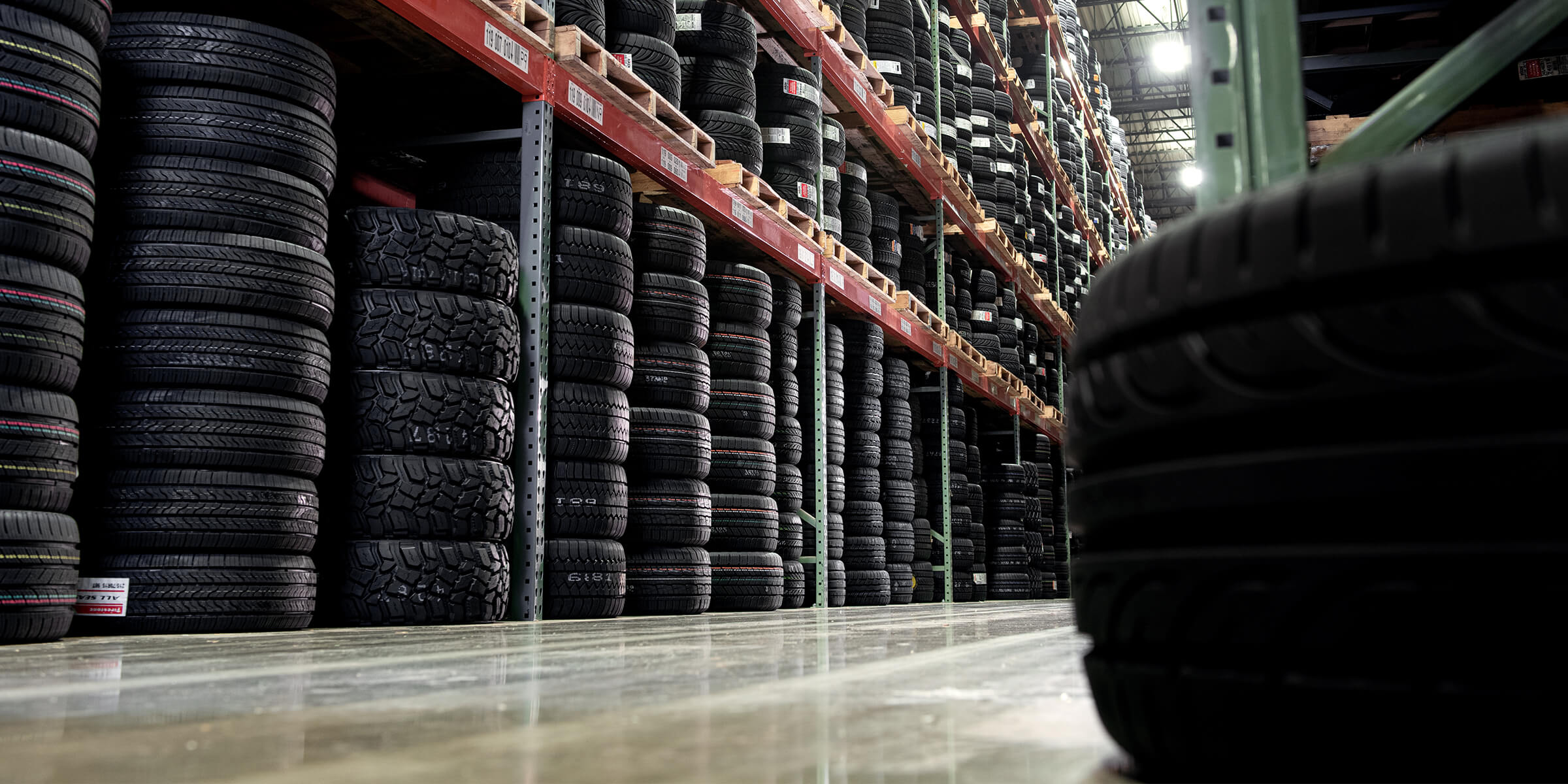Discover Top-Quality Tires Morris IL: Select the most effective for Your Automobile
Discover Top-Quality Tires Morris IL: Select the most effective for Your Automobile
Blog Article
Tire Solution: Comprehending Tire Pressure Monitoring Equipments
Recognizing Tire Pressure Tracking Systems (TPMS) is a critical aspect of keeping ideal lorry efficiency and security on the roadway. With improvements in vehicle modern technology, TPMS has actually ended up being a standard feature in modern lorries, supplying real-time info on tire stress degrees.

Significance of TPMS
The value of Tire Pressure Surveillance Systems (TPMS) depends on their capacity to enhance vehicle security and efficiency via real-time monitoring of tire stress levels. Preserving the right tire stress is vital for making certain optimal handling, braking, and general safety of a car. TPMS supplies drivers with instant feedback on any overinflated or underinflated tires, permitting prompt adjustments to be made.
Elements of TPMS
Comprising various important components, a Tire Stress Surveillance System (TPMS) works as an advanced safety and security feature in modern-day automobiles. The main parts of a TPMS consist of sensing units, a control component, and a caution sign. Sensors are generally situated in the tire shutoff stem or connected to the wheel assembly, where they determine tire stress and transfer data to the control component. If it identifies substantially low stress in any of the tires, the control component procedures this info and activates a caution. The caution indicator, commonly an icon on the dashboard, notifies the vehicle driver to check the affected tire or tires. Some progressed TPMS versions likewise show the actual tire stress readings for each and every tire, supplying vehicle drivers with real-time info to guarantee ideal tire efficiency and safety. By keeping an eye on tire pressure continuously, TPMS helps protect against mishaps, decreases tire wear, and boosts fuel effectiveness, making it a critical component for vehicle safety and performance.
Kinds Of TPMS

On the other hand, indirect TPMS relies upon the automobile's wheel speed sensors to monitor tire pressure. This system spots underinflation by contrasting the rotational speeds of the wheels. Indirect TPMS is much less pricey than straight TPMS, as it makes use of existing sensors Click Here within the vehicle.
While straight TPMS uses extra accurate readings, indirect TPMS is simpler in layout and commonly calls for much less maintenance. Both systems have their constraints and benefits, and the selection in between them typically relies on aspects such as expense, automobile make, and individual preference. Comprehending the distinctions between these two types of TPMS can assist automobile owners make educated choices regarding tire upkeep and security.
TPMS Upkeep Tips
Conduct routine checks on the tire stress levels and contrast them with the TPMS readings to ensure they are constant. During tire turning or substitute, make sure that the TPMS parts are handled thoroughly to avoid any kind of possible damage. If the TPMS alerting light brightens on the control panel, address the issue without delay by examining the tire stress and my response the overall system for any type of mistakes.
Benefits of Appropriate Tire Pressure
Maintaining correct tire pressure, as highlighted in TPMS Upkeep Tips, is essential for enjoying the various advantages associated with ideal tire pressure degrees. Additionally, appropriate tire pressure guarantees even tire wear, extending the lifespan of the tires and advertising more secure driving problems. In final thought, the benefits of correct tire pressure go beyond simply tire durability; they incorporate boosted fuel performance, boosted safety, much better car efficiency, and overall driving convenience.
Verdict
In final thought, understanding tire stress monitoring systems (TPMS) is important for preserving ideal tire stress and ensuring vehicle safety. By recognizing the importance of TPMS, knowing with its elements, knowing the various types offered, adhering to correct maintenance suggestions, and recognizing the benefits of preserving proper tire pressure, drivers can enhance their driving experience and prolong the lifespan of their tires. Proper tire stress is crucial to reliable and secure car operation.

Report this page